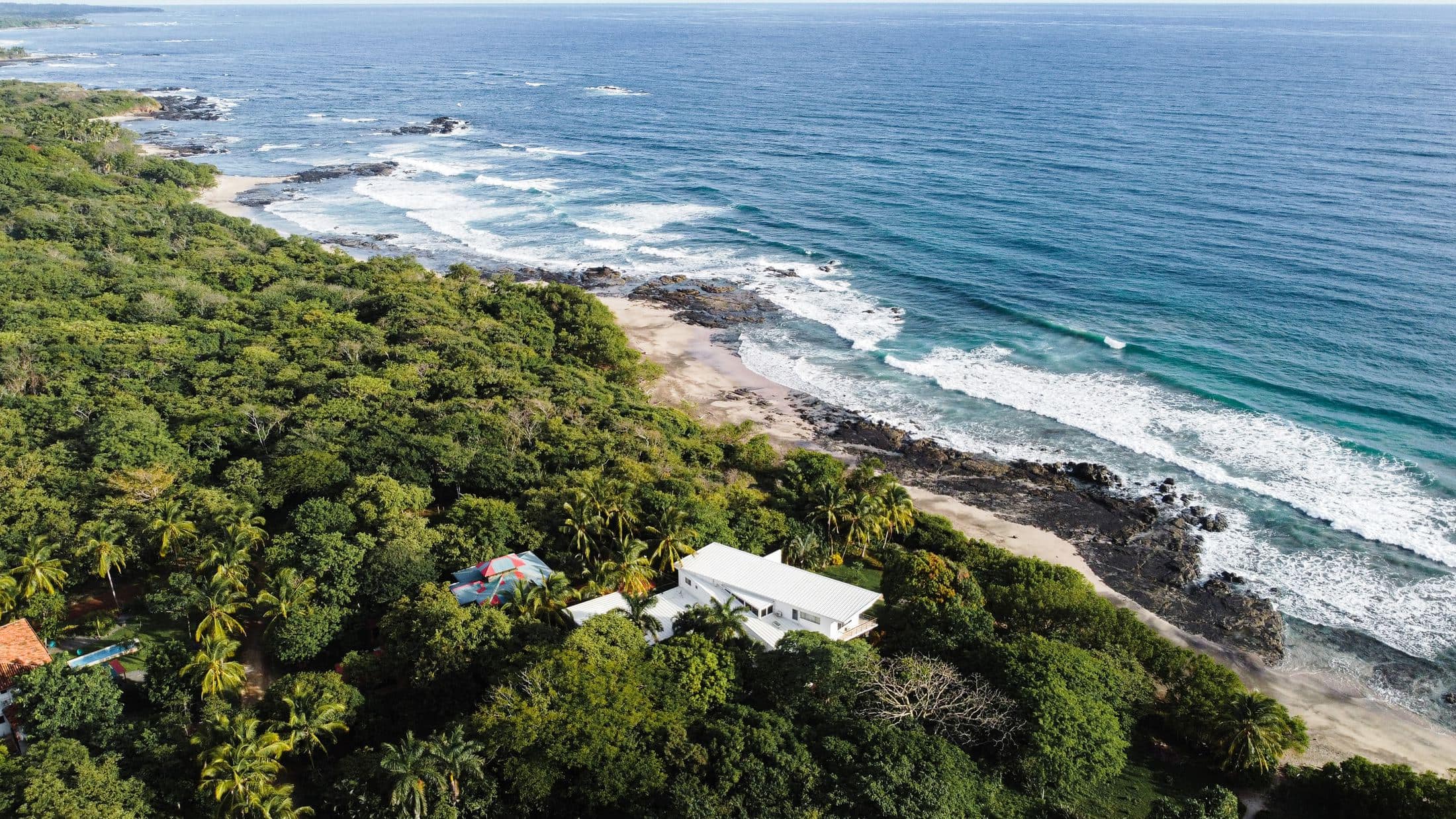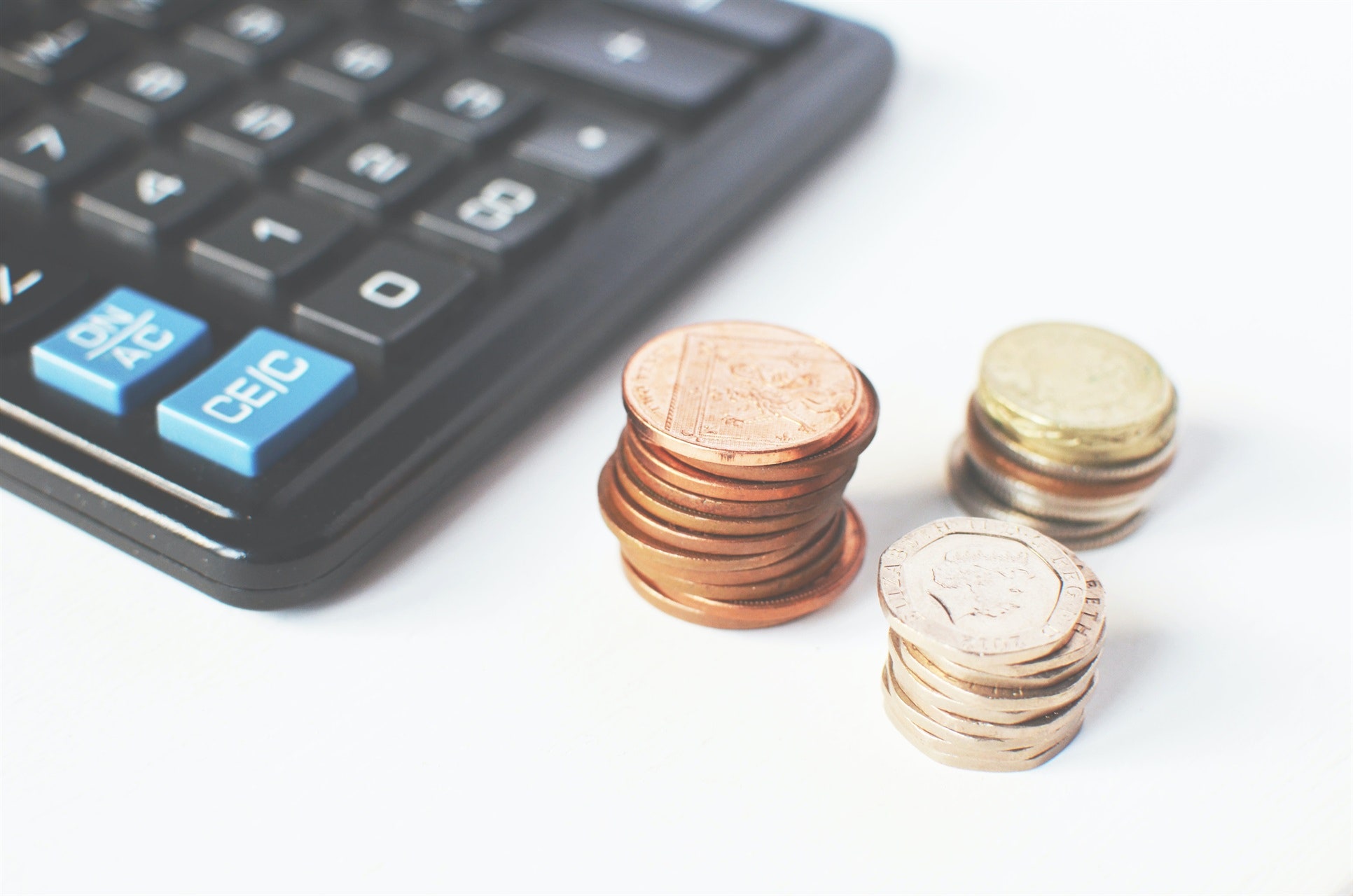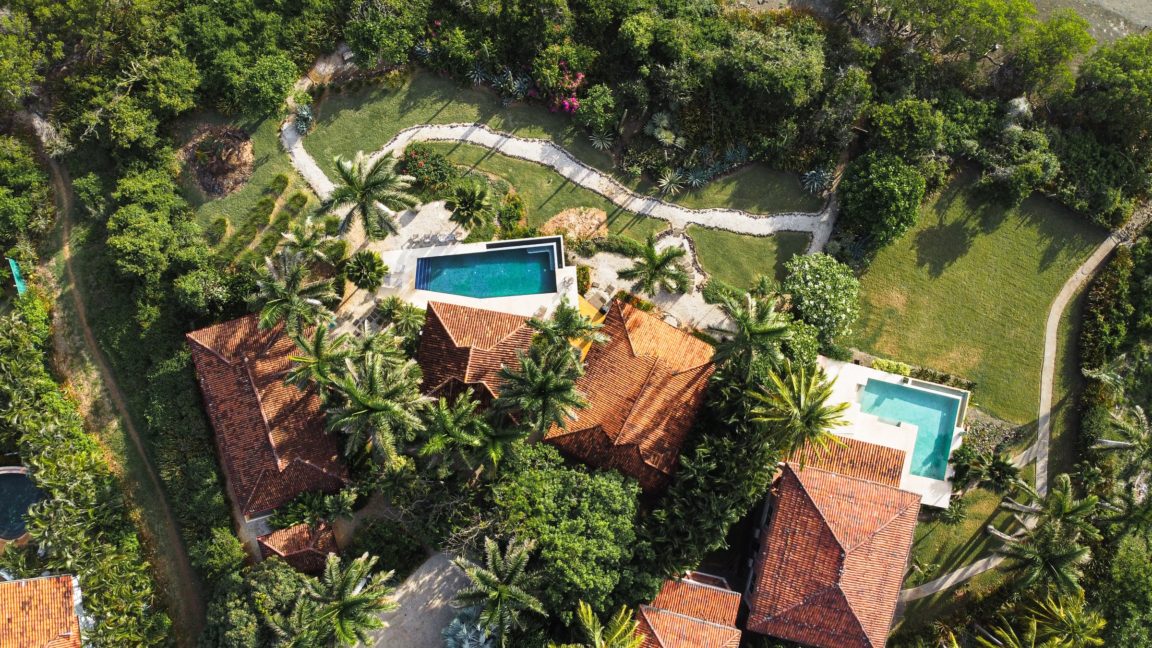Vacation rentals are becoming one of the best real estate investments anyone can make. The improving economy is helping this real estate niche gain momentum, especially among newer investors. Vacation rental income now accounts for about 24 percent of the average owner’s annual income. People who have vacation rental investments also tend to go on more vacations.
Vacation rentals come with risks like any other investments, so it’s essential to do a thorough appraisal before deciding. You have to study your target market, what you want from your investment, and how to calculate ROI on investment property. When you take the proper steps before investing in a rental property, you are more than likely to earn a good income for a long time.
There are some factors to consider before investing in vacation rentals including:
Property’s Location
Many people would probably want to buy a rental property in a place they have had a vacation in the past. The most crucial criteria for choosing a vacation rental investment location is demand.
You want a spot people to love to visit, so touristy areas make the best vacation rental investment destinations. Some areas are seasonal; there’s an influx of guests at specific times of the year. You have to be sure that your investment can withstand the off-season dip.

Type of Property
The type of property you’ll invest in, especially a first-time investor, will depend on your budget and investment goals. Condominiums are an excellent option for investors with limited budgets, while you may want to invest in larger multifamily homes if you have more funds. The property type may not necessarily affect bookings, as vacationers have different accommodation preferences.
Property Size
The size of your property affects running costs, so you should research how much you’ll be able to charge guests per night for different property sizes. Smaller properties are often easy to manage from a financial point of view since you spend less on taxes, maintenance, and mortgage payments.
Amenities
Having the best amenities in your rental property increases your chances of getting consistent bookings. You also get leverage to increase your nightly charge. Find out what vacationers to your preferred location want, and look for a property with those amenities. It may cost more in the interim, but such investments turn profitable in the long term.
Legal Regulations
The laws governing rental property investments vary from place to place, so you should research the legal guidelines regarding vacation rentals in your target area. Some jurisdictions have a limit on how many days you can rent out a property, while others don’t even permit short-term rentals.
Marketing Strategy
You have to attract guests to your property, so it’s necessary to devise an effective advertising strategy. Vacation rental websites like Airbnb and Vrbo let you list your property for a commission. You can also create business pages on social media for your property or hire a property manager to do all the grunt work.

Calculating ROI on Investment Property
The return on investment is a financial term that tells the profitability or otherwise of an investment. It’s essential to learn how to calculate ROI on an investment property. The ROI is an expression of the average income of a property as a percentage of total expenditure.
The formula to calculate ROI on a rental property is (Annual Rental Income – Expenses)/ Property Price.
So there are three variables to evaluate when calculating a property’s ROI:
Annual Rental Income
Annual rental is the gross amount you receive as rent on a property in a year. You can get this figure by multiplying your monthly rental income by 12 or weekly rental income by 52.
Expenses
Your expenses are the total of all costs associated with running the property. These include utilities, insurance, taxes, maintenance, etc.
Property Price
The property’s purchase price. For instance, let’s say you paid $300,000 for a multifamily house in the Smoky Mountains, generated an average annual income of $47,507, and your running expenses for the year came up to $4,700. To calculate the ROI on this property, use this formula:
(Annual Rental Income – Expenses)/Property Price becomes ($47,507 – $4,700)/$300,000
The ROI on this Smoky Mountains property is $42,807/$300,000 = 0.143 or 14.3 percent.
This example applies when you pay for your property in cash. The formula is a bit different when you’re financing the property with a loan. ROI for loan financing is calculated:
ROI = Annual Cash Flow/Total Cash Invested
The annual cash flow is the difference between the annual income and expenses. So, using our Smoky Mountains property (Annual Rental Income – Expenses) = $47,507.
Total cash invested assuming $200,000 has been paid from the mortgage = $200,000
ROI becomes $47,507/$200,000 = 0.22 or 22 percent.
Financing an investment property with a loan increases the potential ROI and is the preferred investment method for most people.
You can also find ROI using a simple vacation property investment calculator.

How Much ROI is Good for a Vacation Rental?
The next question on your mind after learning how to calculate ROI on investment property would probably be, “what is a good ROI for investment property?” There’s no right or wrong answer to this question. A good ROI depends on several factors affecting how much the property generates, including:
- Location and demand
- Type of rental property
- Property price and initial repair costs
- Occupancy rates and rental income
- Down payments on the mortgage
- Operating expenses
These factors can make two similar properties have widely different ROIs. A good ROI for one investor may be unacceptable to another. Your goals for investing in a property and potential risks would define whether a given ROI is acceptable.
Some factors to help you decide whether you should invest in a rental property include:
- Your alternative investment options
- Passive income potential
- Unforeseen risks such as expensive repairs, special levies, or natural disasters
Final Thoughts
Vacation rental investing offers a pretty straight path into the real estate sector. For most investors, vacation rentals provide long-term profitability and ease of portfolio diversification. It’s not enough to plunge into investing. You must perform due diligence and learn the ropes of the market before taking the step.





